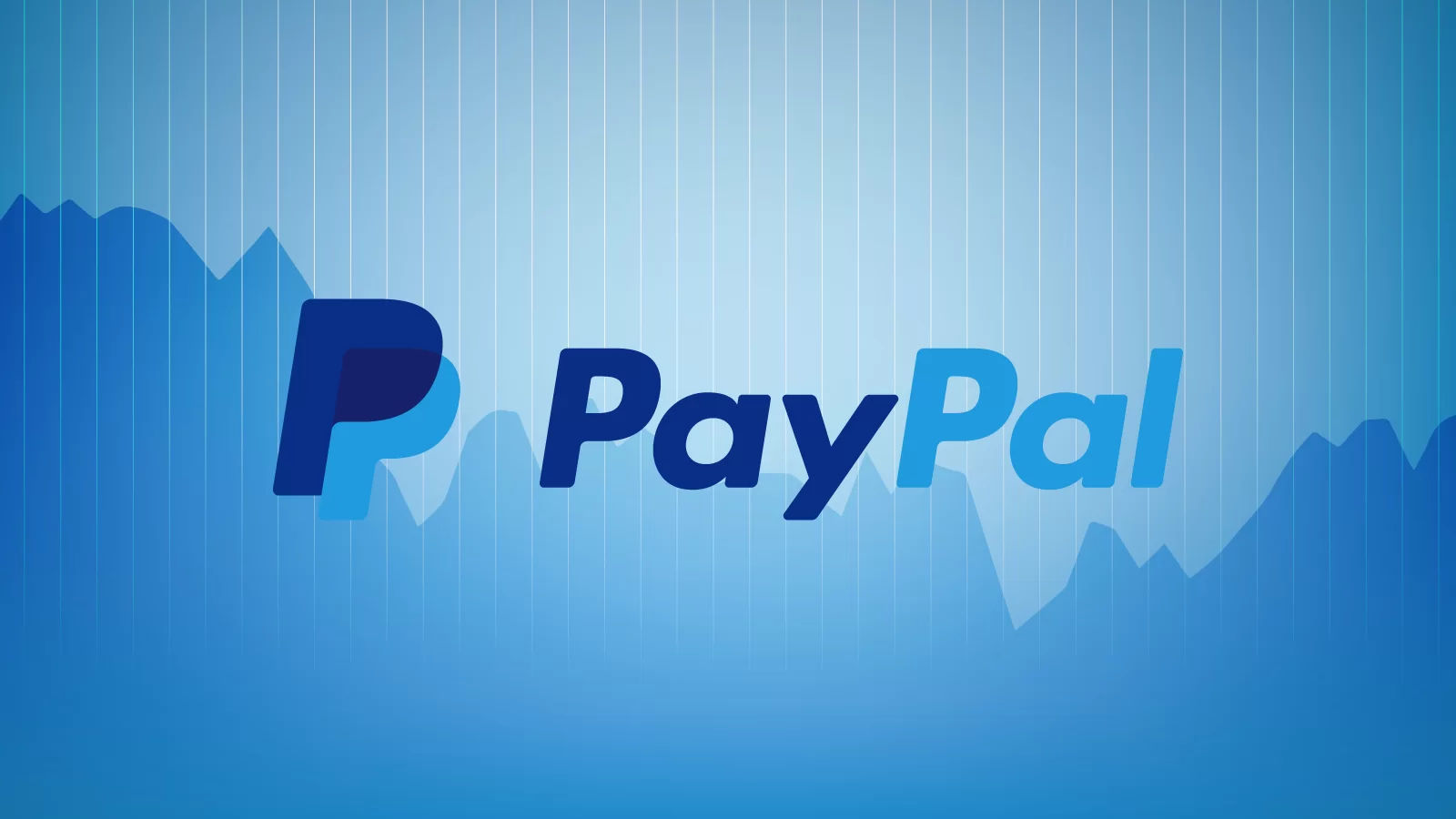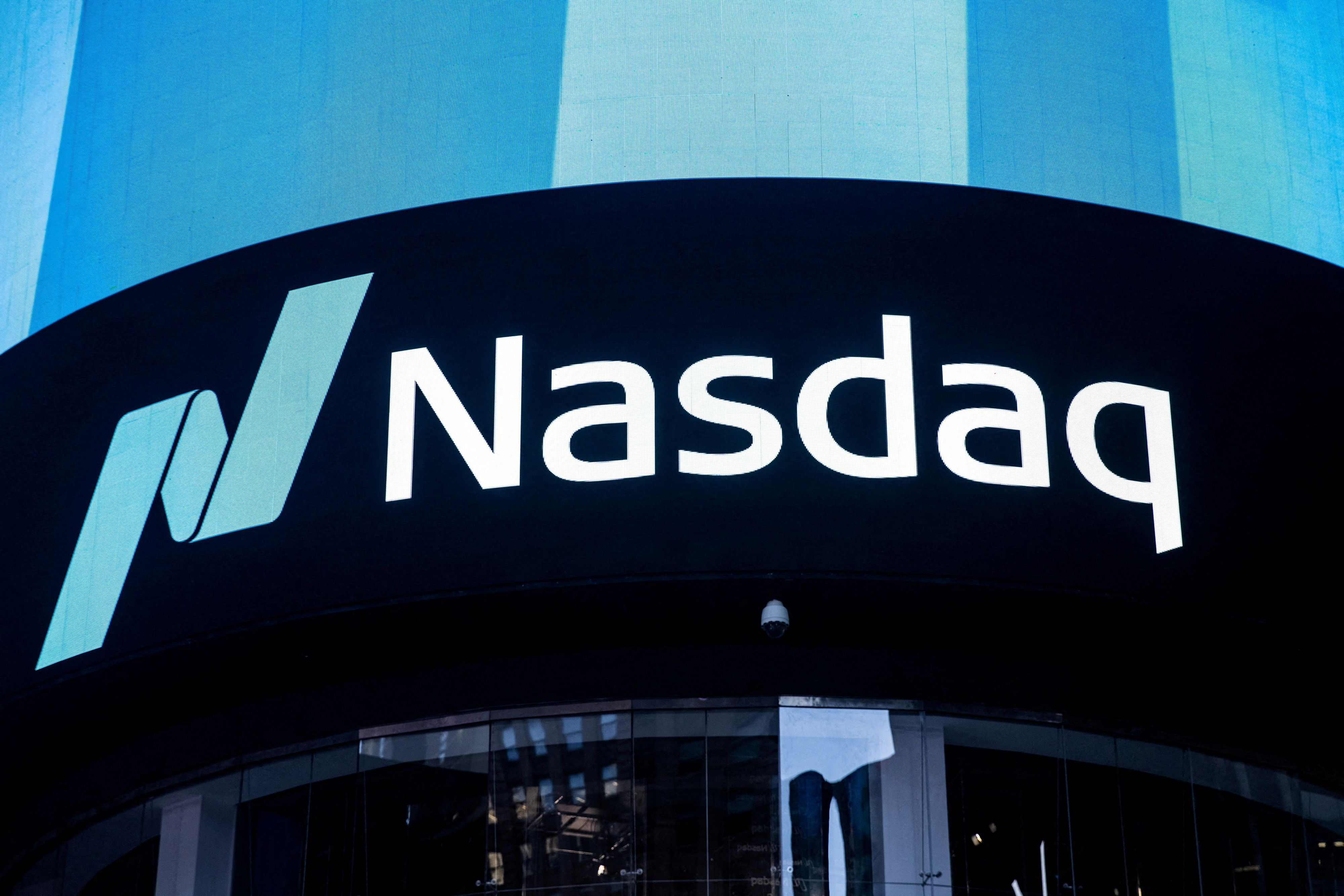Blog

Meta invests $14.3B in Scale AI to make its biggest AI move
Jun-13-2025
Meta has finalized a huge $14.3 billion investment in Scale AI, a fast-growing company that builds tools to train AI systems.
The tech firm now has a 49% non-voting stake in Scale AI after investing a significant figure in the company. The deal, which values Scale AI at nearly $29 billion, marks one of the largest strategic moves in Meta’s bid to lead the next generation of AI innovation.
The social media giant also hired Scale AI’s CEO, Alexandr Wang, to join its top AI team, making this one of its boldest moves yet to improve its AI technology and catch up with competitors.
Meta brings in Scale CEO to lead AGI projects
Wang founded Scale in 2016 and turned it into a top-tier AI data company used by big names like Meta and OpenAI. He will now help lead the “superintelligence unit” at Meta to create machines that reason and solve complex problems as well as or even better than people can.
Bringing Wang on board could help the social media giant keep up with the growing competition. regulatory pressure because he has business instincts and deep connections in the tech and government world.
Meta launched its latest large language model, Llama 4, in April, but it fell short of expectations and was seen as trailing behind models from OpenAI and Google. In response, CEO Mark Zuckerberg has made AI his top priority. He’s been actively recruiting top scientists and engineers, offering generous pay packages to help position Meta as a leader in the future of AI.
Zuckerberg wants the best tools and minds to help it reach its goal of building powerful, human-level AI before anyone else does. He has gone as far as rearranging the firm’s office spaces so that the new superintelligence team sits closer to his own desk. The company is also pouring tens of billions of dollars into AI hardware, research, and talent recruitment to compete with rivals and show the world that it can still lead in cutting-edge tech.
Meta follows rivals by making its biggest startup deal since WhatsApp
Meta’s $14.3 billion investment in Scale AI is its largest startup deal since acquiring WhatsApp in 2014. The move marks a strategic shift for the company, which has traditionally built most of its technology in-house to avoid major external investments.
This new deal shows Meta closely follows other major tech giants like Microsoft, Amazon, and Google. These firms have gained access to talent and technology by partnering with companies like OpenAI, Anthropic, and various other AI labs without owning them outright and triggering antitrust investigations.
ScaleAI focuses on the data and infrastructure that make AI models work and helps companies gather, organize, label, and feed massive amounts of clean, accurate data into AI systems so they can learn better and faster.
Demand for the company’s services is growing rapidly as Scale expects to reach $2 billion in 2025 after achieving $870 million in revenue in 2024 alone.
Wolfe Research analyst Shweta Khajuria said Meta’s aggressive approach suggests the company knows how much is at stake. “They don’t want to be left behind,” she explained, adding that this is not just a strategic choice but a necessity for Meta’s future.
Read more

PayPal Brings PYUSD Stablecoin to Stellar Network
Jun-12-2025
PayPal adds Stellar support for its PYUSD stablecoin
Offers users faster and low-cost transactions
Complements existing Ethereum and Solana support
PayPal has announced that its USD-backed stablecoin, PYUSD, is now available on the Stellar network. This move adds to the existing support for PYUSD on Ethereum and Solana, offering users greater flexibility and more efficient transaction options.
By integrating with Stellar, a blockchain known for its low-cost and high-speed transactions, PayPal aims to make stablecoin usage more practical for everyday financial activities. This expansion is expected to open up new use cases, especially in cross-border payments and digital wallets that prioritize speed and affordability.
Why Stellar? Speed, Cost, and Accessibility
The Stellar blockchain is renowned for its ability to process transactions quickly and at a fraction of the cost compared to traditional systems. For users and developers looking for alternatives to the more congested Ethereum network, Stellar presents an ideal solution.
With PYUSD now on Stellar, users can access a broader ecosystem, including wallets and platforms that support the network. This also provides more options for developers integrating stablecoins into apps, especially those targeting emerging markets where low transaction fees are crucial.
Strengthening PYUSD’s Role in Web3
This move signals PayPal’s intent to solidify PYUSD’s role in the growing Web3 economy. As more users adopt stablecoins for remittances, payments, and decentralized finance (DeFi), having multiple network options ensures greater reach and utility.
With Ethereum offering security, Solana providing speed, and Stellar delivering cost-effectiveness, PYUSD now covers a wide spectrum of blockchain user needs. This strategic expansion could make PYUSD one of the most versatile and widely accepted stablecoins in the ecosystem.
Read more

BlackRock’s IBIT ETF Reaches New Milestone
Jun-11-2025
BlackRock’s IBIT Bitcoin Exchange-Traded Fund (ETF) has witnessed remarkable growth, setting a new benchmark in the digital investment sphere. The fund recently bolstered its Bitcoin reserves by acquiring an additional 3,005 BTC, bringing its total holdings to 662,571 BTC. This latest acquisition represents a market value of roughly 336 million USD. Concurrently, the ETF’s unit price soared to a peak of 63 USD, contributing to the fund’s explosive growth to a portfolio worth 72.7 billion USD within 341 days of operation.
How Did IBIT Experience Record Growth?
The staggering 72.7 billion USD portfolio size emphasizes IBIT’s lead in the crypto arena, competing robustly with long-established investment funds. The fund’s consistent appeal among investors underlines its strong foothold in the ETF marketplace, with performances measuring up impressively against traditional investment mechanisms.
IBIT’s success story is a testament to the growing institutional embrace of cryptocurrencies. Despite Bitcoin’s market volatility, the fund maintains a loyal investor following, showcasing unwavering trust in digital investment avenues and highlighting institutional demand’s potency.
What Sets IBIT Apart from Traditional Investments?
In recent analyses, IBIT has outperformed ETFs associated with the S&P 500 and gold. This extraordinary achievement is primarily attributed to the surging appetite for digital investments. Consequently, IBIT has positioned itself as a formidable contender not just in crypto but across various asset categories.
The fund’s significant market impact is reshaping conventional investment paradigms and advancing strategies towards contemporary assets. Its rapid ascent demonstrates the seamless melding of cryptocurrency within the mainstream financial framework, driven by institutional interests influencing market shifts.
Market Experts Weigh In
BlackRock officials have recognized that the intensifying demand for digital investments significantly influences IBIT’s asset growth. They aspire to provide secure and transparent alternatives catering to an array of investor segments. Market analyst John Doe describes IBIT’s ascension as a pivotal industry milestone against traditional ETFs.
IBIT’s escalating value and accumulation of assets have reaffirmed faith in crypto-centric investment solutions, gaining traction among both institutional and retail investors. This rapid growth highlights a new phase of professional interest in cryptocurrencies, cementing their role in the broader financial landscape.
IBIT has rapidly reached 72.7 billion USD in portfolio size in just 341 days.
The fund now holds 662,571 BTC, valued at approximately 336 million USD.
Its unit price has climbed to a record 63 USD.
IBIT’s achievements illustrate the mounting confidence and expanding interest in cryptocurrency investments, positioning them as essential components of the modern financial ecosystem. Such milestones not only validate the growing importance of digital assets but also pave the way for future innovations in investment strategies.
Read more

Amazon doubles down on AI with $20B
Jun-10-2025
Training and education programs part of the deal
Amazon and other tech giants ramp up AI expansion
Crypto mining companies shift resources to AI
Amazon is planning to pour $20 billion into the US state of Pennsylvania to build two new data centers to expand its AI infrastructure.
The location for the data centers is still up in the air, with Salem Township and Falls Township as the frontrunners, but other Pennsylvania communities are under consideration, according to a June 9 statement from Amazon.
The AI arms race between companies has been heating up this year, with Meta reportedly in talks back in February to build a data center campus for AI projects and OpenAI announcing in January it was investing $500 billion for new AI infrastructure over the next four years.
Training and education programs part of the deal
Along with the data centers, Amazon said it has partnered with Pennsylvania educational institutions and workforce organizations to create training centers that support careers in cloud computing infrastructure.
The training and education programs are expected to include data center technician programs, fiber optic fusion splicing workshops and STEM awareness and learning opportunities for K-12 schools.
Amazon said its efforts are geared toward securing the US as a leader in the accelerating AI race.
“Our strategic investments in advanced computing infrastructure and specialized AI hardware are building the technology backbone for the next generation of generative and agentic AI, and helping to secure America’s position at the forefront of global innovation,” Amazon said.
Amazon and other tech giants ramp up AI expansion
The tech giant also made similar commitments in North Carolina on June 4, with a $10 billion investment to expand its data center infrastructure to support AI and cloud computing technologies.
US firms have begun ramping up AI expansion. On May 29, social media giant Meta joined the growing list of firms developing AI-powered technology for the US military, entering a deal to create AI-powered virtual and augmented reality gear.
Meanwhile, Nvidia CEO Jensen Huang said in November that his firm is focused on being at the forefront of agentic AI, and Microsoft said in September that it was establishing two AI centers in Abu Dhabi.
Crypto mining companies shift resources to AI
Bitcoin (BTC) mining companies have also been diversifying their income streams to include AI, converting some of their crypto mining operations to help run compute-intensive large language models.
Riot Platforms appointed three new directors to its board in February, one of whom has experience converting Bitcoin mining assets toward HPC. Hive Digital, Hut 8 and Iris Energy converted part of their operations to HPC and AI last year.
TeraWulf sold its stake in a Bitcoin mining facility for $92 million in October, with the proceeds marked for hosting AI and building HPC data centers.
In an August report, asset manager VanEck estimated that if publicly traded Bitcoin mining companies shifted 20% of their energy capacity to AI and HPC by 2027, they could increase additional yearly profits by $13.9 billion over 13 years.
Read more

Nasdaq Proposes Adding XRP, SOL, ADA, XLM to Index
Jun-9-2025
Nasdaq seeks SEC approval to diversify crypto indices.
Aims to include XRP, SOL, ADA, and XLM.
Potential increase in ETFs’ altcoin investments.
The inclusion of four altcoins by Nasdaq signals a noteworthy shift in institutional acceptance, potentially enhancing liquidity and investor interest as market dynamics evolve. This move is seen as pivotal for developing altcoin-related financial products.
Nasdaq's recent filing with the SEC seeks to add new constituents such as XRP, SOL, ADA, and XLM to its digital asset indices. The current index primarily tracks Bitcoin and Ethereum. Hashdex, the ETF sponsor, adapts to this proposed change.
Increased institutional interest is expected should the SEC approve. This could lead to enhanced credibility for included assets. Meanwhile, current rules restrict the ETF to Bitcoin and Ethereum until November 2025 when the SEC will decide.
"Nasdaq reconstituted the NCIUS index to include ADA, SOL, XLM, and XRP—cryptocurrencies that have often found themselves in regulatory limbo. The newly added tokens are now collectively referred to as the ‘New Index Constituents’ and are included for index valuation and performance tracking." - Source: Expert Opinions
Market dynamics may shift with the potential for new ETFs incorporating these altcoins, broadening investment avenues. SEC acceptance of these altcoins represents a milestone in establishing their credibility within U.S. financial systems.
The potential financial impact on industry players could be substantial. Historical data suggests additional altcoins in a benchmark typically enhance liquidity and grow market capitalization. Analysts and experts anticipate various regulatory, financial, and technological implications upon approval.
Read more






